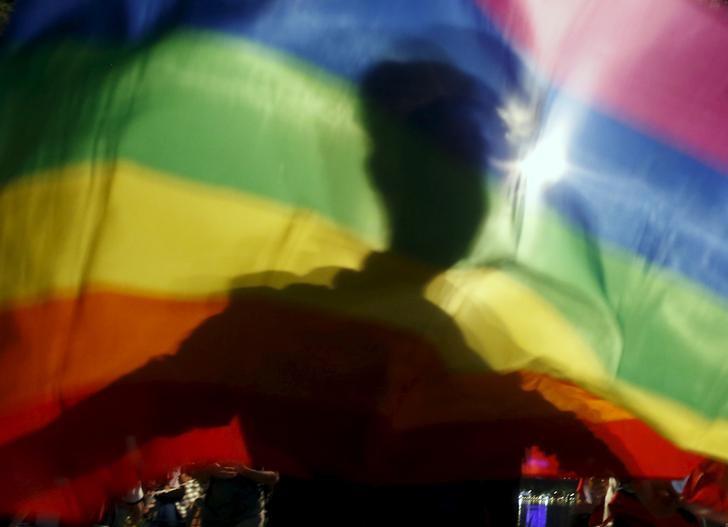Evangelical Alliance warns conversion therapy ban is 'direct threat to religious liberty'

The Evangelical Alliance is urging Prime Minister Boris Johnson to rethink plans to outlaw conversion therapy over serious concerns around religious liberty.
In a letter, UK Director Peter Lynas recognises the harmful practices of religious groups in the past and the role of the Church in "perpetuating stigma, discrimination and harm towards people because of their sexuality."
"We oppose abusive practices and the use of electro-shock treatment and corrective rape are clearly wrong and should be ended," he wrote.
However, he said that such practices were already illegal and that the proposals on the table could end up criminalising Christians for offering prayer or pastoral counselling unless conversion therapy is clearly defined.
He urged the Government to "exercise caution" and make a proper assessment of what is already prohibited under law in order to ensure that any ban does not lead to "unintended" consequences for people of faith.
"Proposals, as currently discussed, could have the consequence of restricting individual freedom and impinging on essential religious liberty - potentially criminalising Christians and common church activities," Lynas said.
"We are deeply concerned at some of the practices that have been carried out which are categorised as conversion therapy, but also by the government's lack of clarity on the issue."
The letter goes on to warn that a ban based on an "expansive" definition of conversion therapy will leave church leaders "at risk of prosecution when they preach on biblical texts relating to marriage and sexuality."
This will particularly be the case if the ban explicitly includes religious or spiritual settings, Lynas said.
"It would place ministry leaders at risk of arrest for encouraging young people to maintain chastity until marriage. And it would criminalise a member of a church who prays with another member when they ask for prayer to resist temptation as they are attracted to someone of the same sex but do not wish to act on it," he said.











